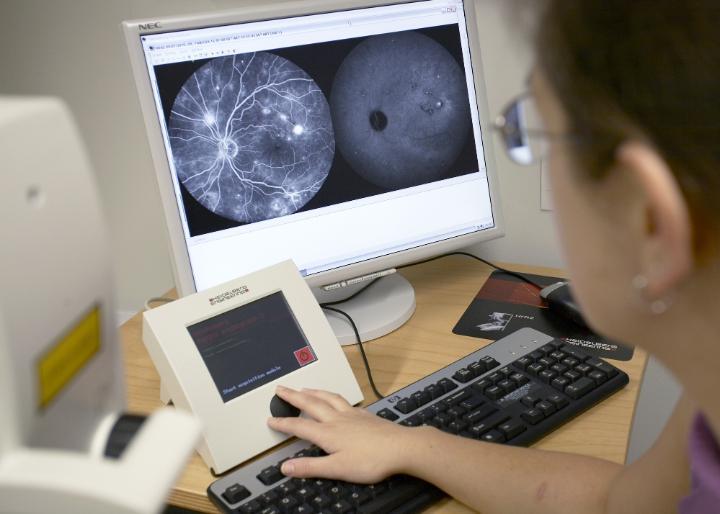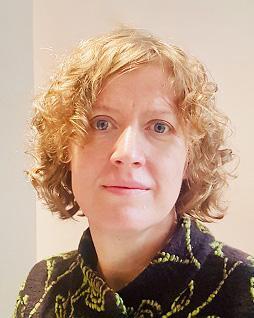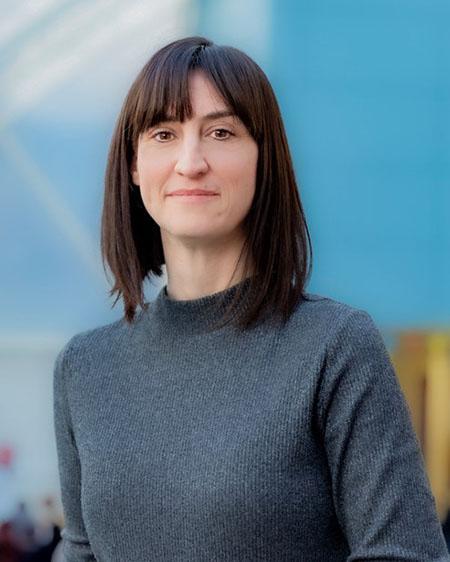Health, Society, People and Place
Overview
The Health, Society, People and Place research theme is an interface of multidisciplinary research. The theme is focused on translational and applied health research, community, educational, archaeological and forensic settings, for the benefit of patients and the public. Projects bring together researchers from Life and Medical Sciences, Humanities and Social Sciences.
Current health-related projects include: healthcare quality, safety and equity; diagnostics and interventions; medicines and treatment optimisation including cost-effectiveness; and design and co-design of person-centred healthcare interventions. Our pedagogical research impacts on health and/or societies via improved education of patients, public and healthcare/education professionals, transcending organisational and disciplinary boundaries.
’People and place’ projects explore life and death in past and contemporary communities, making major contributions to the fields of landscape, archaeological prospection, visualisation for heritage science and geophysical surveying, molecular biology and computer simulation, heritage and wellbeing, taphonomy and decay, human and social identity, and material culture.
Disciplinary excellence is required and drawn on in our interdisciplinary research. By integrating methods and expertise across disciplines, we address societal and individual challenges at local and global scales.

Recent News
Meeting of Experts in Submerged Landscapes
Bradford’s AHRC project, Taken at the Flood, held a workshop to discuss prospection and site location in a submerged archaeological landscape. Attendees included project members and eminent guest speakers from around Europe, including Geoff Bailey from the University of York, Garry Momber from the Maritime Archaeology Trust and Hans Peeters from the University of Groningen. Debate centred around emerging landscape models and anamyses and it was discussed what might constitute a ‘site’ within the context of a submerged marine landscape.
Recent Publications
Medlinskiene, K., Richardson, S., Petty, D., Stirling, K., Fylan, B. (2023)
Barriers and enablers to healthcare system uptake of direct oral anticoagulants for stroke prevention in atrial fibrillation: a qualitative interview study with healthcare professionals and policy makers in England
BMJ Open, 13 (4), art. no. e069575. doi: dx.doi.org/10.1136/bmjopen-2022-069575
Edwards, H., Jones, H., Garner, P., Hardy, M., Wilshaw, S.-P., Bielby-Clarke, K., Farrow, M. (2023)
Assessing student perception of the integration of portable wireless ultrasound imaging in undergraduate anatomy education
Clinical Anatomy. 36(5):742-753. doi: 10.1002/ca.24014
Armit, I., Fischer, C.-E., Koon, H., Nicholls, R., Olalde, I., Rohland, N., Buckberry, J., Montgomery, J., Mason, P., Črešnar, M., Büster, L., Reich, D. (2023)
Kinship practices in Early Iron Age South-east Europe: Genetic and isotopic analysis of burials from the Dolge njive barrow cemetery
Antiquity, 97 (392), pp. 403-418. doi: https://doi.org/10.15184/aqy.2023.2
Büster, L., Croucher, K., Green, L., Faull, C. (2023)
Mediating worlds: the role of nurses as ritual specialists in caring for the dead and dying
Mortality. doi: doi.org/10.1080/13576275.2023.2198694
Higuero Pliego, A., Beaumont, J. (2023)
The monks of San Millán: Investigating the transition between pre-monastic and monastic diet using carbon and nitrogen isotope ratios in incremental dentine
Journal of Archaeological Science: Reports, 49, art. no. 103981. doi: doi.org/10.1016/j.jasrep.2023.103981
Research expertise
The research in the Health, Society, People and Place theme comprises specific knowledge and expertise in a range of subjects. Please contact the research theme leads for more information or to discuss potential collaborations.
The key areas of our expertise are:
- Vision science & clinical optometry
- The past informing the present and future: Archaeological and Forensic Sciences
- Person-centred healthcare
- Education innovation, research and development
More detailed information about these areas is available on our Research expertise in the Health, Society, People and Place theme page.
Research Leads
The theme is led by a Director of Research and three deputies who are jointly responsible for the scientific direction of the theme.
Research theme members
The Health, Society, People and Place theme consists of several research groups working together to perform collaborative, multi-disciplinary research.
Visit out Research theme members page.




